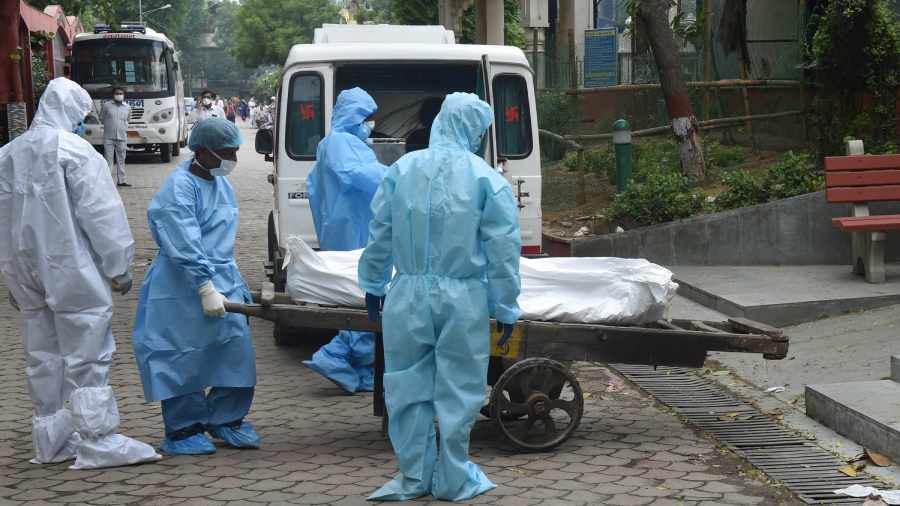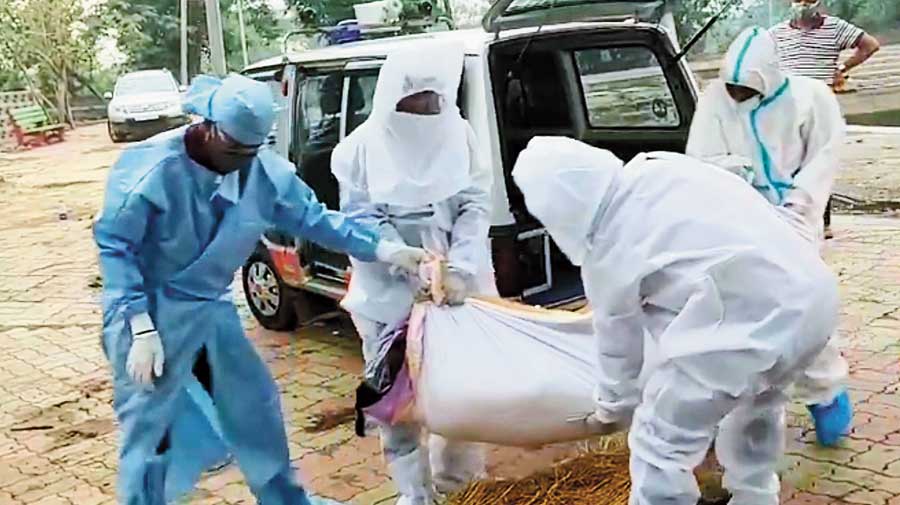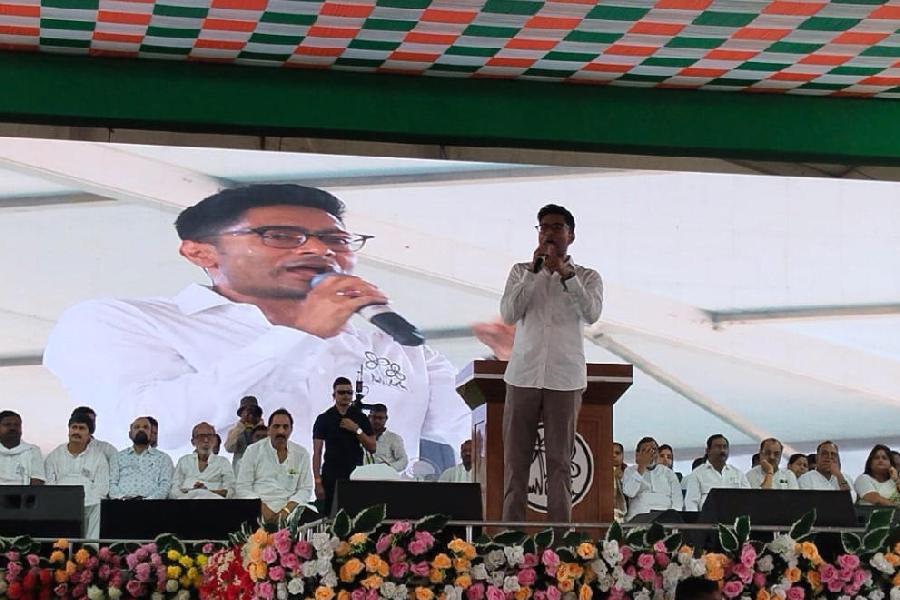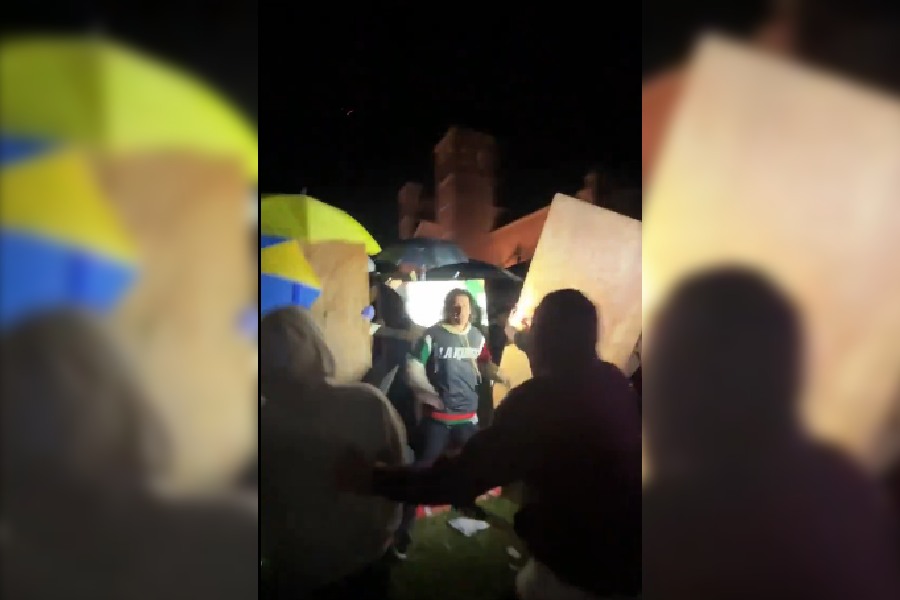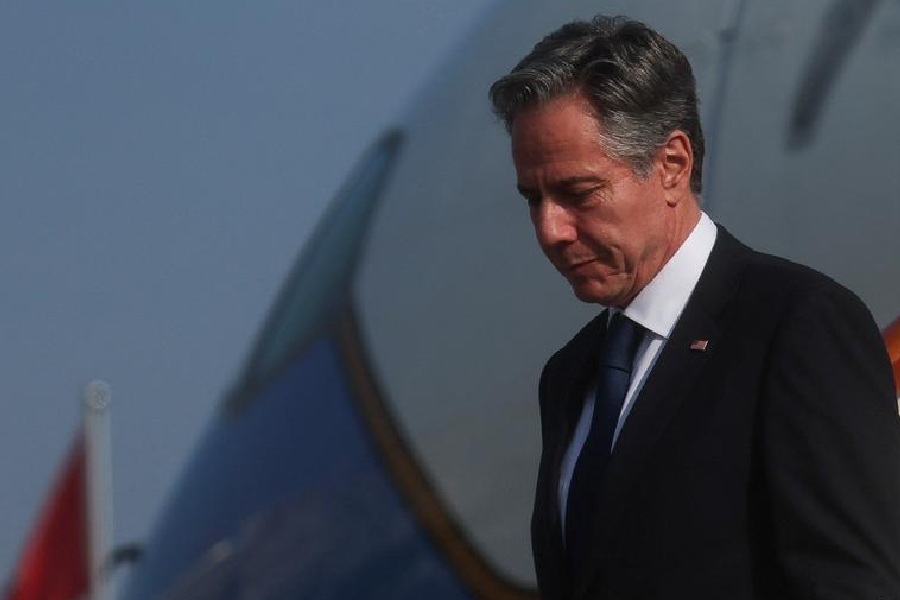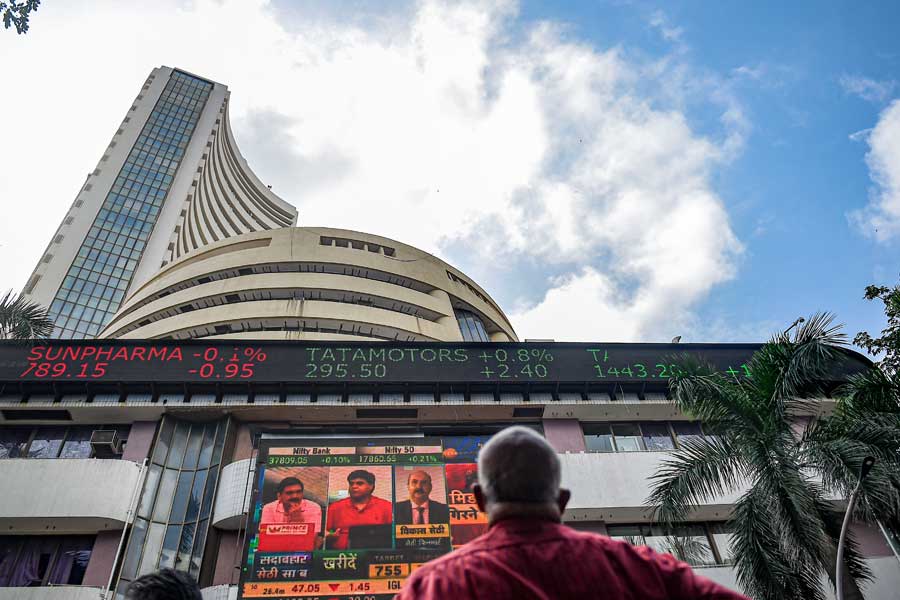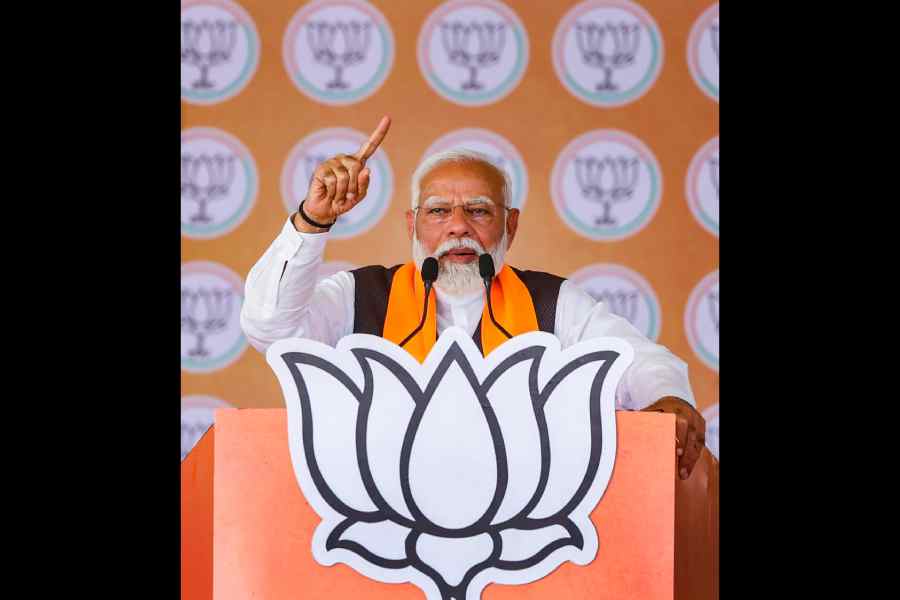The estimated excess deaths across 90 of Gujarat’s 162 municipalities during the pandemic were double the state’s official Covid-19 mortality even before India’s delta wave peaked in May 2021, researchers said in a study released on Wednesday.
The researchers, from the Harvard T.C. Chan School of Public Health and the University of California, Berkeley, said their estimates were based on civil death registration data and provided “incontrovertible evidence” of the undercounting of Covid-19 deaths.
The study has estimated 21,300 excess deaths across the 90 municipalities in Gujarat during the 14-month period from March 2020 to April 2021. This is more than twice the official Covid-19 death count of 10,098 across Gujarat during the same period.The civil death registers across the 90 municipalities recorded a total of 77,781 deaths between March 2020 and April 2021. Of these, 50,866 deaths occurred in 2020 (March to December) and 26,915 in 2021 (January to April).
This was much higher than the 42,246 deaths recorded across 2019.The researchers said the sharpest increase in deaths occurred during the start of the second wave, driven by the delta variant, in March and April 2021.
Their estimate of 21,300 excess deaths during the 14-month period is based on an expected baseline estimated through a model prepared from the records between January 2019 and February 2020.
The study’s findings were published on Wednesday in the peer-reviewed research journal PLOS One.Satchit Balsari, an emergency medicine and global health specialist at Harvard, and his collaborators used records from civil death registers obtained by The Reporter’s Collective — a group of investigative journalists — from the 90 municipalities under India’s Right to Information Act.
Balsari and his colleagues had last August released an earlier version of their study, based on records from 54 municipalities in the state.“The vast majority of these excess deaths likely represent direct deaths from Covid-19 in the absence of any other known catastrophe,” they wrote in both versions of their study.
Multiple studies since July 2021 have yielded excess death estimates for India ranging from 3.2 million to 4.9 million, much larger than the official national Covid-19 death count of 527,134 on Wednesday.
The World Health Organisation had after an independent exercise earlier this year estimated that India accounted for 4.7 million of the 14.9 million Covid-19 deaths worldwide.The Union health ministry has over the past year challenged such estimates and the underlying estimation methodology, describing the numbers generated by various studies as “audacious”, “speculative”, “fallacious” or “incorrect”.
Multiple health experts, including members of a technical advisory group that guided the WHO exercise, have said the ministry’s attempts to discredit all such estimates appear part of a campaign to influence public discourse no matter what the science suggests.
The study by the Harvard-Berkeley researchers with collaborators in India has estimated a 30 per cent overall increase in mortality across the 90 Gujarat municipalities between May 2020 and January 2021, followed by a 339 per cent increase in March and April 2021.Although the 90 municipalities are spread across the state, the researchers said they “represent only a convenience sample rather than a random sample”, and therefore the results cannot be extrapolated to estimate deaths across the entire state.
But, they said, their cumulative excess deaths estimate for only 90 of 162 municipalities is double the official death toll for the entire state and should thus be a lower limit for the death toll during the pandemic.

